
Thinking in Time
The Uses of History for Decision Makers
First Edition: 1986 更多详情
ISBN: 9780029227916
Pages: 352
Recommendation
In this erudite text, Harvard historians and former presidential advisers Richard E. Neustadt and Ernest R. May offer detailed examples of what went wrong to show that history teaches people and societies how to do what’s right. This compelling work covers debacles, disasters and decisions gone horrible awry, and the authors provide nuanced information on how to choose among options and implement decisions. Executives and anyone looking for decision-making guidance will find this a useful reference.
Summary
About the Authors
Richard Elliott Neustadt (1919–2003) taught at Cornell, Columbia and Harvard, where he was the first director of the Harvard Institute of Politics. Ernest Richard May (1928–2009) served on the 9/11 commission and taught full-time at Harvard for 55 years. He and Neustadt won the 1988 Grawemeyer Award for Ideas Improving World Order for Thinking in Time.








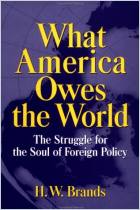
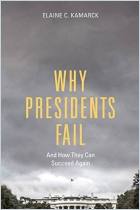
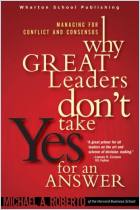
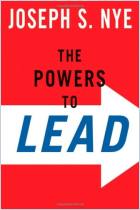
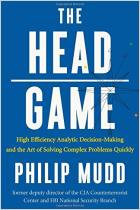
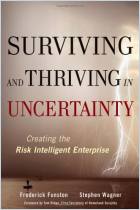

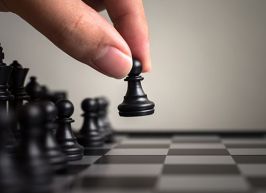




Comment on this summary or 开始讨论